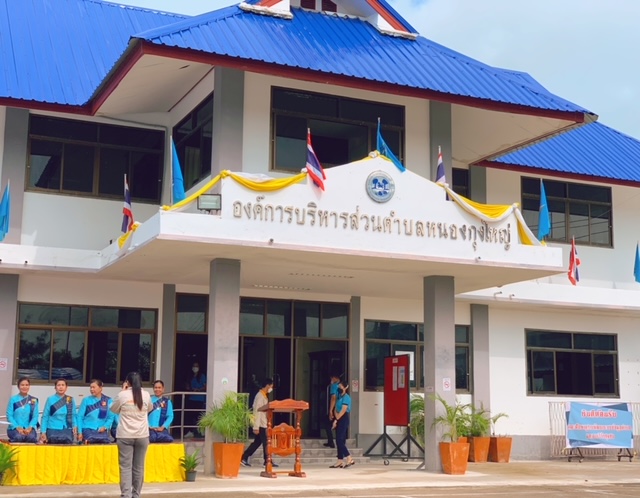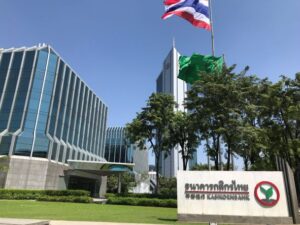Incubation
"Digitization of financial services and financial inclusion in ASEAN"
R4-5 1-1 (R4 AY2022)
| Project Leader | Lu Wanxue (Kyoto University, Graduate School of Economics) |
| Collaborators | Mieno Fumiharu (Kyoto University, Center for Southeast Asian Studies) Hamada Miki (Institute of Developing Economies, Development Research Center) CAO NGUYET THI KHANH (Kyoto University of Advanced Science) Shimizu Satoshi (Japan Research Institute Limited, Economics Department) |
| Research Project | Digitization of financial services and financial inclusion in ASEAN |
| Countries of Study | Indonesia, Singapore, Thailand, Vietnam, Malaysia |
Outline of Research
This study examines the digital transformation of ASEAN’s financial sector in recent years. It investigates the progress of the digitization of financial services from both practical and policy aspects. It particularly focuses on the impacts of digital lending on low-income earners and micro / small businesses from the perspective of financial inclusion. To utilize the high potential of digital financial services in a sustainable and inclusive manner, this study aims to contribute to digital financial inclusion policy through case studies and comparative studies of ASEAN countries.
Purpose of Research, Its Significance and Expected Results, etc.
In recent years, FinTech innovation has accelerated the expansion of digital financial services, which has resulted in improved efficiency and lower costs in the financial system. It has also improved the financial inclusion of remote and rural areas where financial infrastructure has been delayed. This study investigates financial digitization in five ASEAN countries (Singapore, Malaysia, Thailand, Indonesia, Vietnam) through study of the three fintech innovations that promote financial inclusion: digital lending, digital payment, and online trading.
Focusing on digital lending, this study analyzes the impact of utilizing P2P lending through online platforms on medium- to long-term financing of micro / small businesses. Furthermore, it examines the changes that this utilization has brought about in management, such as business expansion and new product development. It also analyzes various issues related to the promotion of financial inclusion through financial digitization, such as equality in digital infrastructure use (digital parity), improvement of financial and digital literacy, and risks related to digital technology.
By investigating financial digitization and financial inclusion in ASEAN, the study assesses the progress of FinTech and summarizes emerging issues from practical and policy aspects. It thus contributes to our understanding of how financial digitization and inclusion impacts poverty reduction, equality, and economic growth in Southeast Asia. The study reviews the digital financial inclusion policies of ASEAN countries to date, thus contributing to the sustainable and equitable use of digital financial services in the region.




